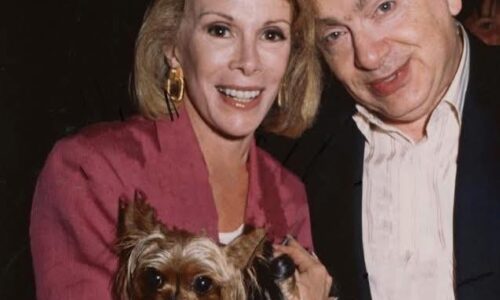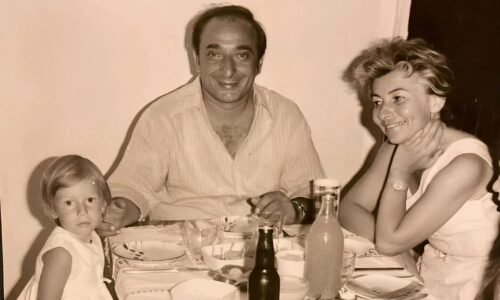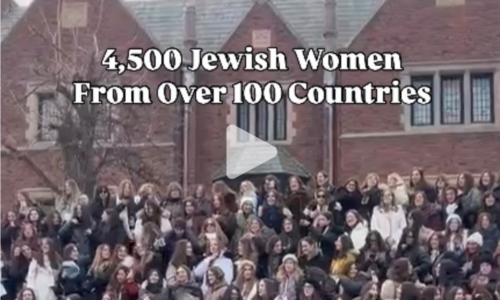
I was about to turn 10-years-old on October 6, 1973, when I dutifully walked with my father to a Southfield, Michigan synagogue on Yom Kippur. While we attended a conservative synagogue during the rest of the year, for the High Holidays it was strictly Orthodox: No driving, TV, phones, or use of any electronic devices permitted.
So, it was jarring when we arrived at synagogue and found congregants standing outside, men still wearing prayer shawls, listening to transistor radios. Their faces were grim. Egypt and Syria had launched a coordinated surprise attack against Israel. News was coming in sporadically, but I heard one man say to another that Israel’s survival was at stake. I looked to my father for reaction, but he was silent, stoic.
Once inside the sanctuary, my father mumbled through most of the prayers, except for one that brought a faint smile to his face: Yekum Purkan, translated as “may deliverance or salvation arise.”
When German forces invaded Poland, launching WWII and what would become the Holocaust, my father’s family fled East, yet they and most Jews found few avenues of escape. It was on Yom Kippur that his family and others, confined to a ghetto, gathered in a makeshift synagogue to plea for Divine intervention.
After the War, my father moved to Detroit, married a woman who had survived under radically different circumstances (she was saved by a Christian couple who then raised her), and started a family. Though he’d shed many of the strict religious practices he’d grown up with, like a stubborn Michigan snow that refuses to melt, he clung to his legacy and faith, compelling him to walk to that Orthodox synagogue on Yom Kippur in 1973.
My father passed away just before the High Holidays in September 1993. For all the suffering and trauma he’d experienced in life, his death came peacefully in his sleep.
Photo: The Weitzman family, 1973.
Source: Mitchell Weitzman




